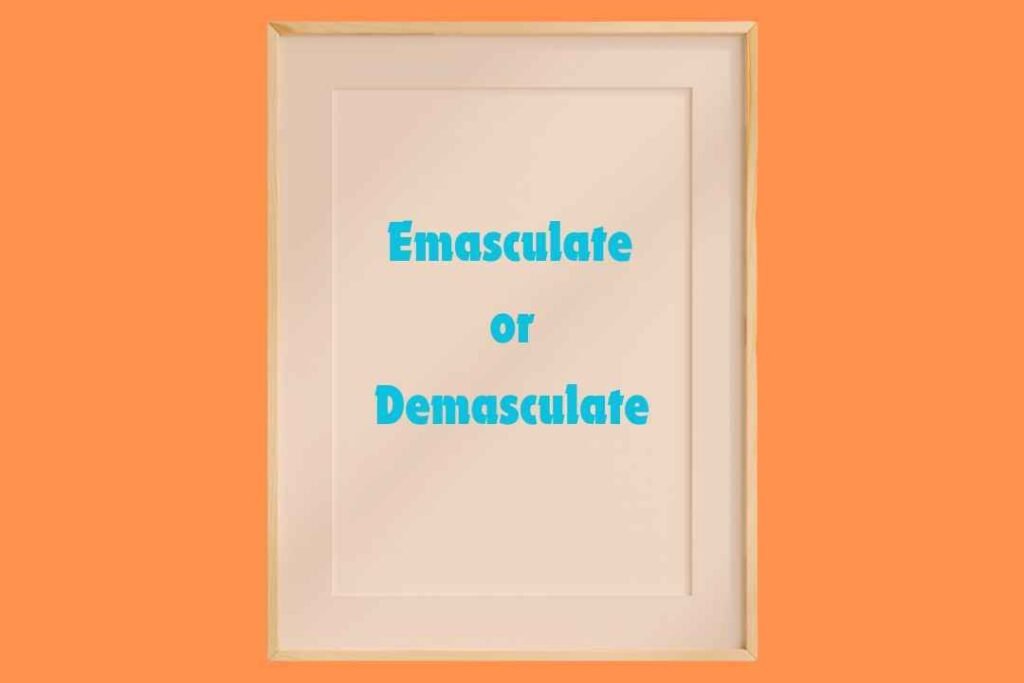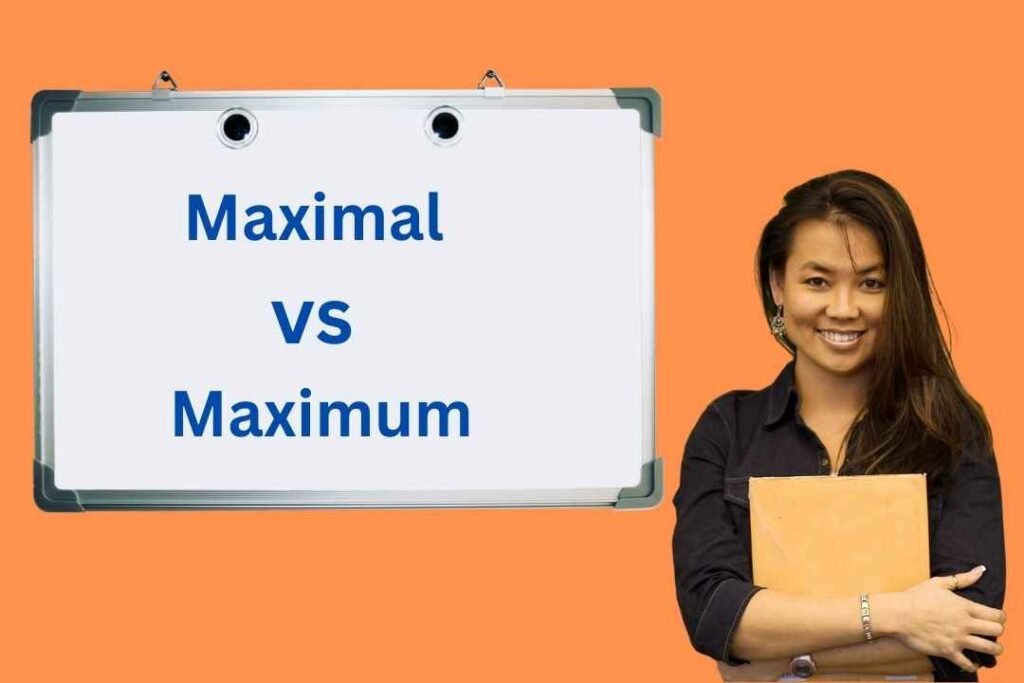Which of the Following: Definition+Usage+Grammar 2025
When you’re staring at a test, and there it is—the phrase “Which of the following”—your key to unlocking the right answer. This little term is a superstar in educational settings, especially in standardized tests and assessments. It’s designed to prompt you, the reader, to select from a list of options, turning confusion into clarity. Whether […]
Which of the Following: Definition+Usage+Grammar 2025 Read More »










